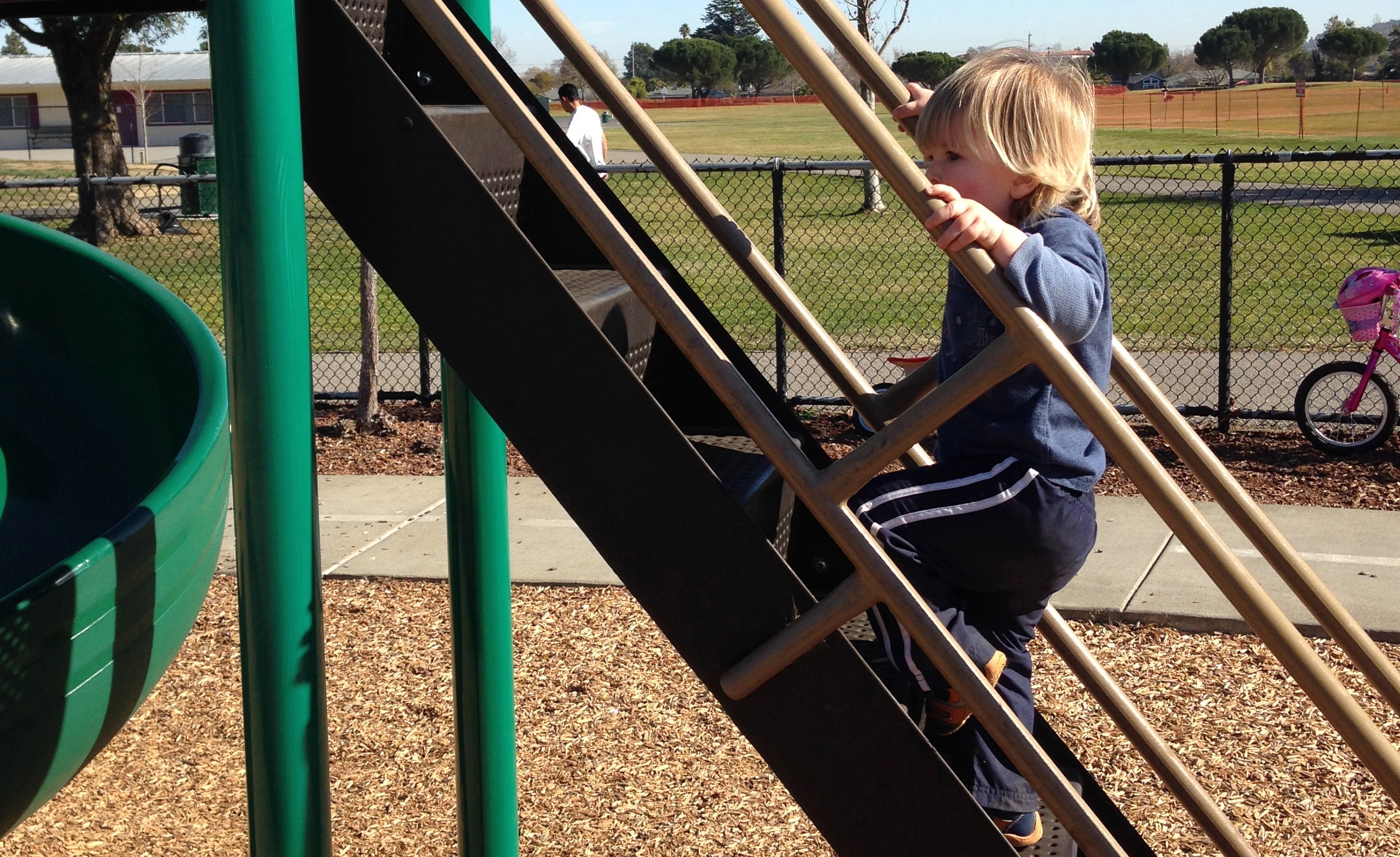How I Learned to Take Time for Training & Win My Children’s Cooperation
By Deborah Mitchell, Ph.D.
I want to share the story of how my three-year-old daughter brought me, a Clinical Psychologist, to my knees and how I regained my footing. Parenting got really difficult right around the time my daughter turned three. I started to find myself embroiled in battles that left me frustrated, helpless, and enraged. They seemed to get worse over time and I found myself longing to show her who was boss.
Let me back up a bit. Denise started taking care of my daughter shortly after she turned one. Denise runs a 3-child daycare and appeared to have the patience of a saint. Seriously, she is a religious woman and I believed that her level of patience MUST involve divine intervention.
Fast forward to shortly after my daughter’s third birthday. I shared my frustration with Cheryl, a good friend whose son was also in Denise’s care. The words were barely out of my mouth when Cheryl excitedly demanded, “well, have you read the book?” “What book?” I asked, skeptical. I had heard so many quick fix, simplistic recommendations before. “The book that Denise uses,” she answered, with a conviction I soon understood very well. “The book with the answers.”
That sounded too good to be true, but then again, so was Denise’s approach with my daughter. I immediately ordered “Children: The Challenge.” I was hooked from the very beginning. “Children: The Challenge” by Rudolph Dreikurs, MD, is the world’s biggest hidden gem and, like all secrets, needs to be shared.
Twenty or so pages in, Dreikurs makes a statement that has changed my life: “A misbehaved child is a discouraged child.” From this perspective, a whole world of possibility opened up. I realized I could change my behavior in a way that would dramatically affect hers. It made perfect sense. Dreikurs proposes that human misbehavior is the result of feeling a lack of belonging to one's social group. When a child has difficulty finding a positive way to connect and feel important in the family, he or she will often resort to finding a negative way to be recognized. Dreikurs explains the importance of understanding how to spot the different ways a child tries to find a place, i.e. by seeking undue attention, power, revenge or avoidance (inadequacy).
In “Children: The Challenge,” Dreikurs guides parents to spot these “mistaken” ways of finding a place, so as parents we can avoid reinforcing them and can instead strengthen their natural desire to participate cooperatively. My child behaves AND gets to feel good about herself AND learns how to be a wanted member of a group! Sign me up!
Reading this book was like seeing behind the curtain in the Wizard of Oz. Denise was no longer a magical being with magical powers. She was a mom. A mom who found a way; a way that works. And her way is accessible to me. And her way is accessible to us all.
Good ideas can often end there, as good ideas. Frequently, a necessary ingredient to change is a supportive community. With Denise’s guidance and with our support for each other, Cheryl and I took on a new way of being with our children. We were excited by the reality that we could truly enjoy our three-year-olds (most of the time). This was so do-able. So do-able that, despite having two young children and full time careers, we enrolled Denise in forming Parent Inc. and creating a 6-week curriculum that captures the method espoused by Dreikurs.
Why stay up burning the midnight oil to create a curriculum when we could just encourage others to read the book? Because it takes a village! Because we are all in this together! Because we want children with good self esteem to be not just a good idea but our reality!
Some Parent Inc. Helpful Phrases:
1. Show me…
Instead of commanding your child to “put on your shoes”, which could invoke a power struggle, try this phrase: In a friendly and engaging tone say, “Show me how you can put your shoes on all by yourself.”
2. It’s time to: “It’s time to get ready.” Versus “Go get ready.”
3. Do you want to do it all by yourself or would you like to do it together? Versus “Come over here and I will do it for you.”
4. I wonder if you can remember all by yourself. This phrase is helpful when a child repeatedly asks about the timing or order of something or agreed upon rules.
5. It’s good manners to say thank you [said nonchalantly and seemingly without investment]. Versus “Say thank you.”
Contact Deborah Mitchell, Ph. D at (415) 271-6524 or [email protected] or Cheryl Jacobs, MFT at (415) 722-0638 or [email protected] to sign up for our next class or to learn more about our other services.


